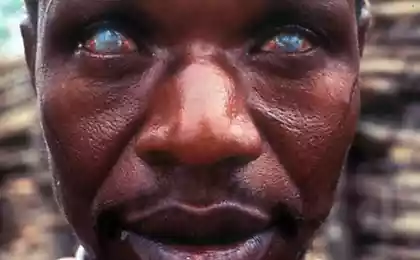596
10 deadly diseases that people can contract from animals
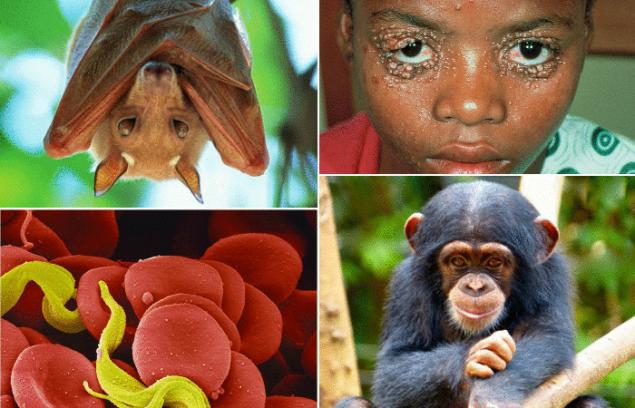
Deadly disease that humans can contract from animals.
Today, scientists agree that many diseases that are deadly, got the people from the animals. Today we tell about the most terrible deadly diseases that have passed from one species to another. AIDS – a disease of chimpanzees

Chimpanzees — carriers of AIDS.
In the early 1980-ies some mysterious disease began killing young men in California. Soon she had become a global pandemic and has become known as AIDS.
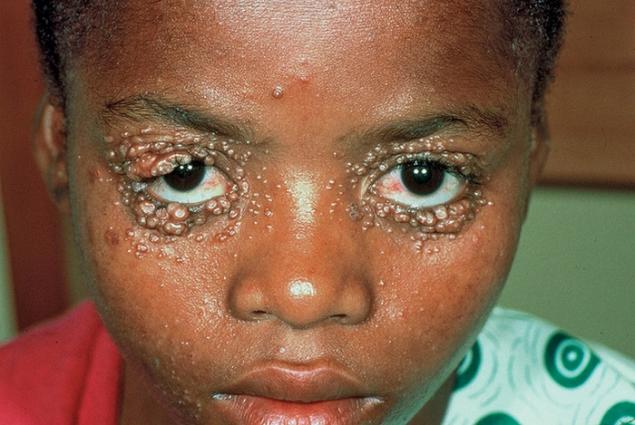
The child is sick with AIDS.
It is believed that the first man had contracted AIDS in Cameroon. There is a version that it was a hunter who killed a chimpanzee in the jungle and he decided to butcher the animal. During this process, the hunter cut himself. And since the animal was infected with the human immunodeficiency virus, the virus is transferred to the person. Ebola is a disease of bats
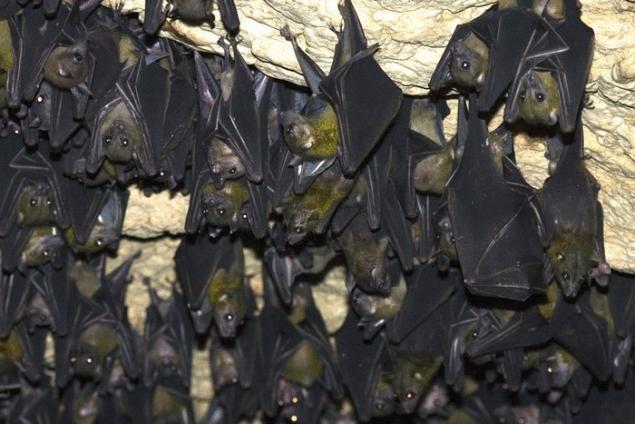
Cute fruit bats carry Ebola.
Until recently was considered that the outbreak of Ebola in Africa is to blame kraboedy macaques. However, as a result of the research, the scientists found that macaques have become the intermediate link in the chain of infection, and its "source" — found in Africa fruit bats.
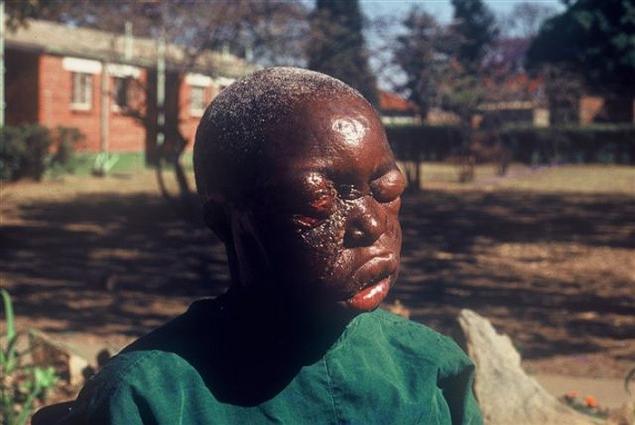
Patient With Ebola.
"Patient zero" today, I think Emile Ouamouno from the Guinean village. It is possible that the baby had contact with feces of infected bats lived in a hollow tree. Emil died in four to after he had a fever, began vomiting and diarrhea. Emil was the first in a series of victims of a terrible disease. African sleeping sickness
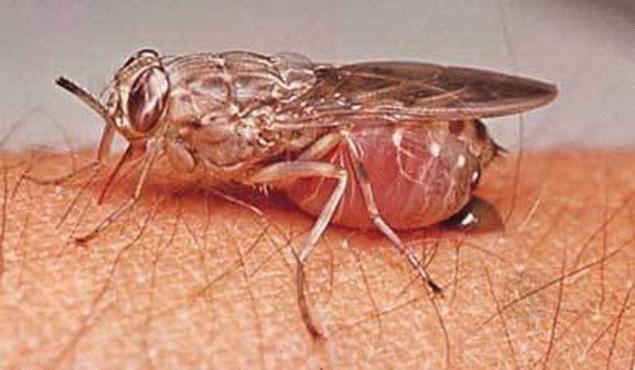
The tsetse fly.
The tsetse fly is the culprit of the spread of such serious diseases as African trypanosomiasis or African sleeping sickness. This insect is a vector of parasite that causes human fever, rash, excessive fatigue and swelling. According to who estimates, each year this disease affects 30 million people and leads to coma and death.
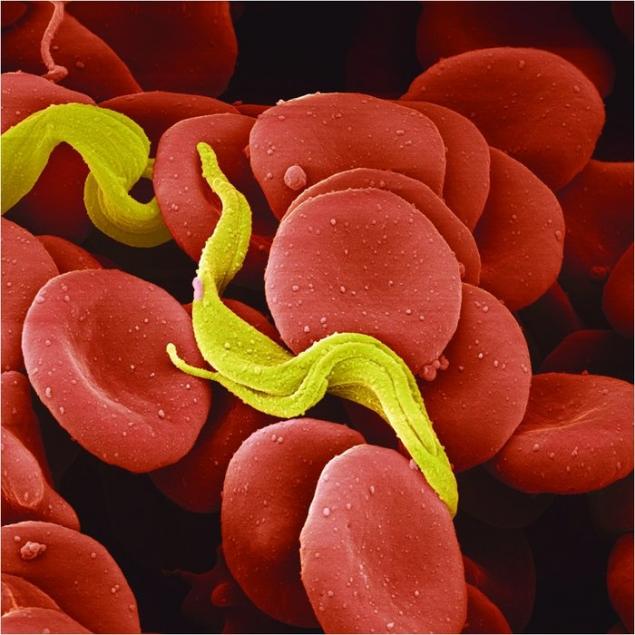
The virus of African sleeping sickness
Because the disease constantly evolyutsioniruet, then attempts to eradicate it is unlikely in the near future will be successful. Given the wide distribution of tsetse flies (she lives almost 40 countries), the victory over the African sleeping sickness has been an extremely important event. SARS is a gift to Chinese bats
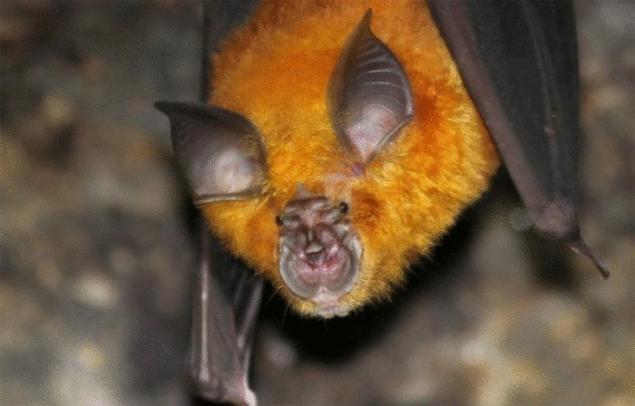
Chinese bat.
Chinese bats can give a man the virus of this terrible infectious diseases such as severe acute respiratory syndrome. In the media the disease is better known as "atypical pneumonia". The first cases were registered in 2002. Today, doctors can not give an exact number of cases. It is only known that infected thousands of people, and the mortality rate from this disease is close to 5%.

Escaping from SARS.
The symptoms of SARS resembles influenza or pneumonia – headache, fever, dry cough, General malaise. But the distinctive feature of the disease is that runny nose and sneezing in the background of these symptoms. Hendra: watch out for flying foxes
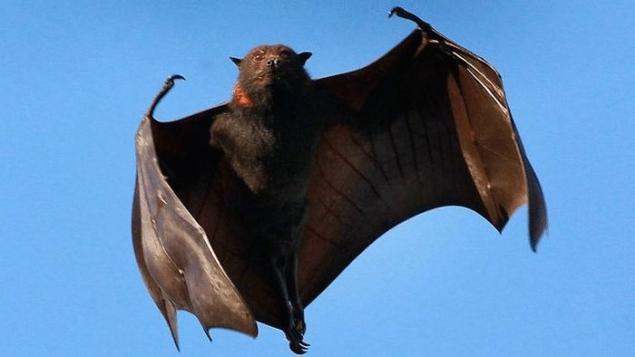
Flying Fox.
Hendra (HEV) is a relatively new and rare disease. Media and the source of the virus – the largest bat in Australia with a wingspan up to 1.5 metres, known as flying Fox. Victims of the virus become horses and people.

How is Hendra?
The first outbreak happened in 1994 in the Australian Brisbane suburb of Hendra. Scientists believe that horses – the transmission link, and people get the infection when caring for sick animals or at autopsy of dead animals. The symptoms of HEV range from flu-like disease to lethal disease. Mortality from this disease is 75% of Crimean-Congo hemorrhagic fever
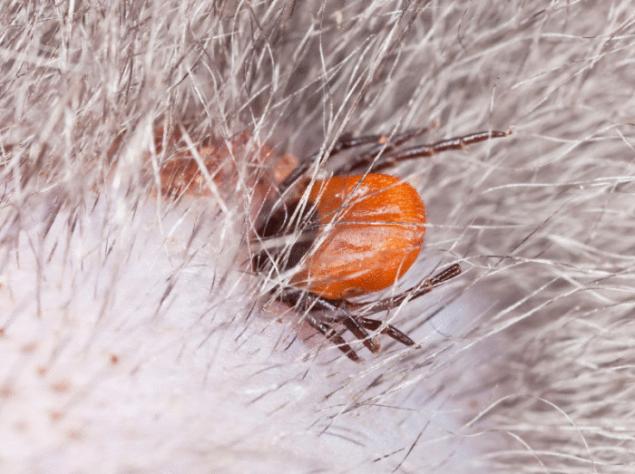
Tick, the carrier of the terrible disease.
The first outbreak of this terrible disease has occurred on the Crimean Peninsula in 1944, and the last case was in 2013 in Uganda. It is believed that the infection of this disease occurs through contact with an infected Ixodes tick with livestock. Can be transmitted through blood, secretions and other fluids of infected people.

Cases of Crimean-Congo hemorrhagic fever.
Disease begins with a sharp rise in temperature, dizziness, muscle, headaches, back pain and photophobia. Then diarrhoea and vomiting, pain in the throat and in the abdomen, mood swings and confusion is created.The lethal outcome occurs in 40% of cases, and vaccine against this disease has yet to be invented. Virus Machupo: urgently shift into cats
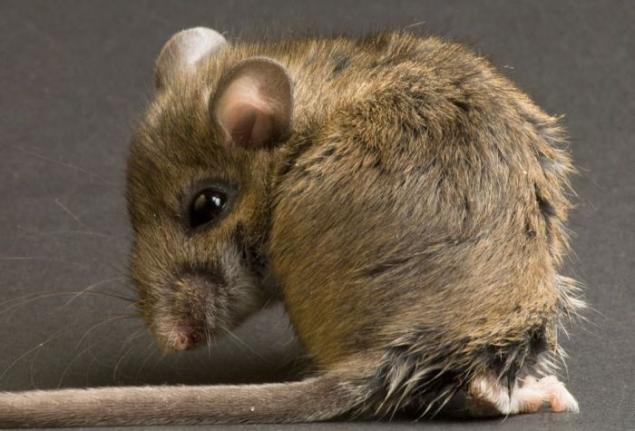
Field mouse — peddler Machupo.
Virus Machupo or Bolivian fever – sister of Ebola. For the first time this disease was recorded in Bolivia in 1959. A carrier of this disease – field mouse. Viral particles were detected in their faeces, urine and saliva. You can get infected and sick person.
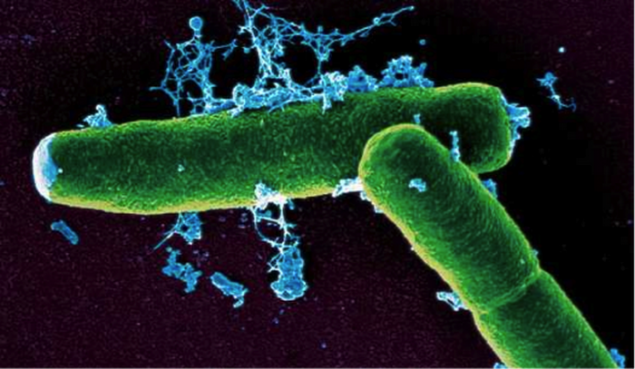
It looks like the fever virus Machupo. Hemorrhagic fever Marburg: from Africa to Europe
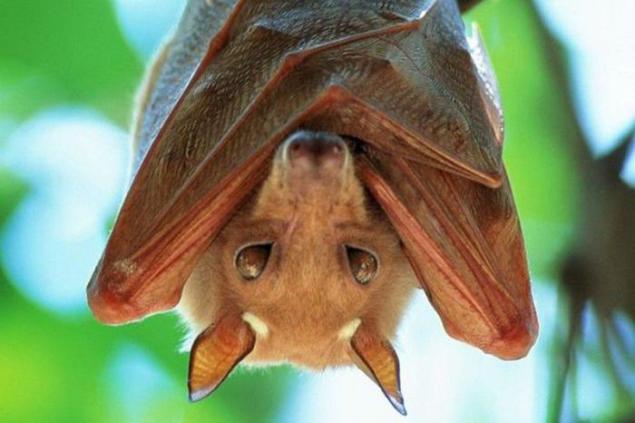
The African fruit bat.
Hemorrhagic fever or Marburg fever Maridi too similar to Ebola. Once believed that the carriers of this disease of green monkeys, but later found out that the spread of the terrible disease of fruit bats that are in the regions of the spread of the disease is considered a delicacy.

Hemorrhagic fever Marburg.
Given the widespread populations of African fruit bats, the risk of outbreaks of fever Maridi quite high, and the mortality from it reaches 90%. Lassa Fever
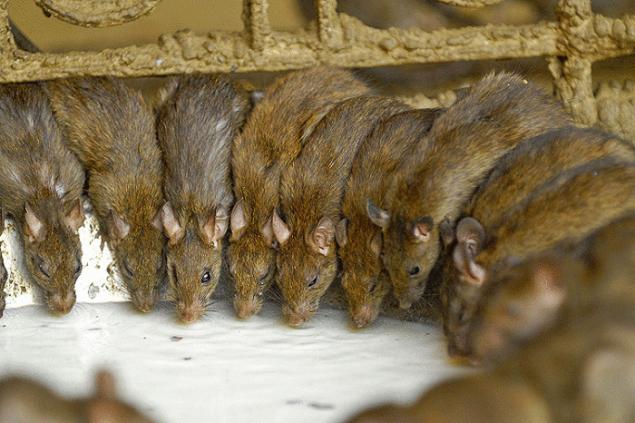
Threat mnogozonovaya rat.
Lassa fever was first discovered in West Africa in 1969 in Nigeria. It is known that the virus is in mnogozubkovoy rat. These rodents make their nests in the vicinity of the person, and their excrement fall into food, becoming a cause of infection.
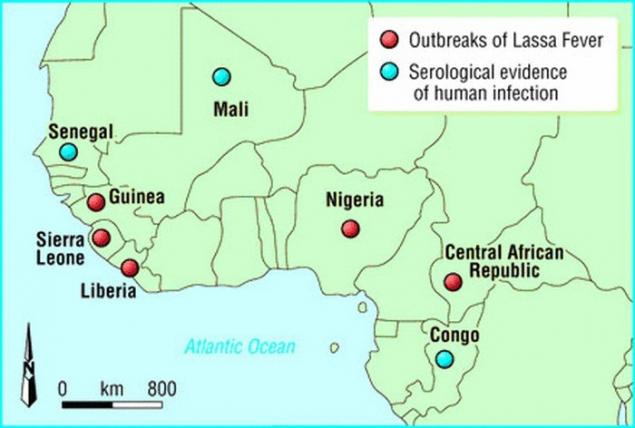
The distribution of Lassa fever.
Outbreaks of Lassa fever in West Africa occur regularly: infected 500 million people and 20 thousand of them die. The death rate from this disease reaches 88%, and antiviral treatment or vaccine does not yet exist. The middle East respiratory syndrome coronavirus
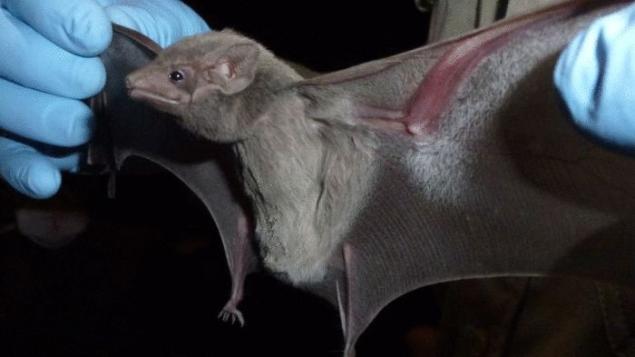
Bats are a threat to Pets and people.
The disease was identified in 2012, of the 50 the case of the first outbreak, all were fatal. The path of transmission of the disease currently remains unknown. It is assumed that a carrier of the coronavirus is a bat, and the vector – camels, goats, sheep, cats and other Pets.

Where a high risk of infection with middle East respiratory syndrome.
It should be noted that catch serious diseases not only in exotic countries and wild animals but also from home. In one of the previous reviews we were told how dangerous a cat to humans.
Source: /users/10
Polish farmers forced Chevron to stop drilling in their region
Cats and water — the myth that they don't like water















